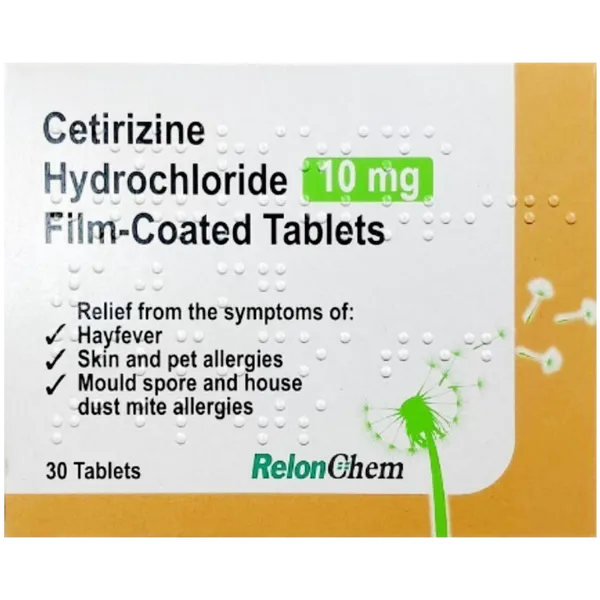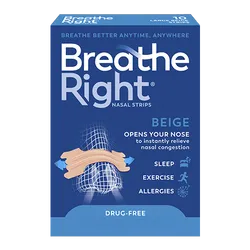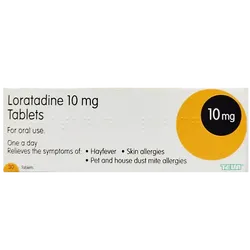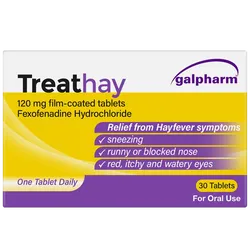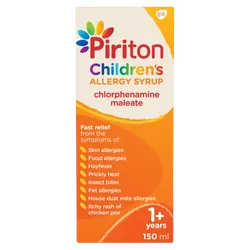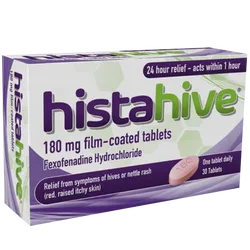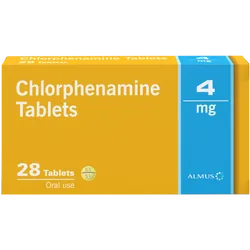Do not take Cetirizine 10 mg Tablets
- if you have a severe kidney disease (severe renal failure with creatinine clearance below 10 ml/min).
- if you are known to be allergic (hypersensitive) to the active substance of Cetirizine 10 mg Tablets or any of the other ingredients of these tablets.
- if you are known to be allergic (hypersensitive) to hydroxyzine (closely related active substances of other medicines).
- if you are known to be allergic (hypersensitive) to drugs from the piperazine family, for example buclizine, cyclizine, meclozine, levocetirizine.
You should not take Cetirizine 10 mg Tablets if you have an intolerance to some sugars, unless your doctor tells you to (this medicine contains lactose).
Take special care with Cetirizine 10 mg Tablets if you have kidney problems, please ask your doctor for advice; if necessary, you may have to take a lower dose. The new dose will be determined by your doctor.
If you are an epileptic patient or a patient at risk of convulsions, you should ask your doctor for advice.
Please tell your doctor or pharmacist if you are taking or have recently taken any other medicines, including medicines obtained without a prescription.
Due to the profile of cetirizine, no interactions with other drugs are expected.
Food does not noticeably affect the absorption of cetirizine.
No interactions having a noticeable impact have been observed between alcohol (at the blood level of 0.5 per millilitre corresponding to one glass of wine) and cetirizine used at the normal doses. However, as it is the case with all antihistamines, it is recommended to avoid consumption of alcohol while taking this medicine.
As with other drugs, use of Cetirizine 10 mg Tablets should be avoided by pregnant women. Accidental use of the drug by a pregnant woman should not produce any harmful effects on the foetus. Nevertheless, the administration of the medicine should be discontinued. For more healthcare advice on managing hayfever in pregnancy, please see our guide.
You should not take Cetirizine 10 mg Tablets during breast-feeding because cetirizine passes into breast milk.
Clinical studies have produced no evidence of impaired attention, alertness and driving capabilities after taking Cetirizine 10 mg Tablets at the recommended dose.
If you intend to drive, operate machinery, or perform other tasks that need your full attention, you should not exceed the recommended dose and you should closely observe your response to the drug. If you are a sensitive patient, you may find that the simultaneous use of alcohol or other nervous depressant agents may additionally affect your attention and ability to react.
Cetirizine 10 mg Tablets contain lactose; if you have been told by your doctor that you have an intolerance to some sugars, please contact your doctor before taking this medicinal product.
If you feel that the effect of Cetirizine 10 mg Tablets is too weak or too strong, please consult your doctor.
If you think you have taken an overdose of Cetirizine 10 mg Tablets, please inform your doctor. Your doctor will then decide what measures, if any, should be taken.
After an overdose, the side effects described below may occur with increased intensity.
Adverse effects such as confusion, diarrhoea, dizziness, tiredness, headache, ailing, dilating (widening) of the pupil, itching, restlessness, sedation, somnolence, stupor, abnormal rapid heart rate, tremors and urinary retention have been reported.
If you forget to take a tablet, take it as soon as you remember, but wait at least 24 hours before taking the next tablet. Do not take a double dose to make up for a forgotten dose.
POSSIBLE SIDE EFFECTS
Like all medicines, Cetirizine 10 mg Tablets can cause side effects, although not everybody gets them.
The following side effects have been reported in post marketing experience. The frequencies are defined as such: (common: 1 patient out of 100 to 1 out of 10, uncommon: Blood and lymphatic disorder:
very rare: thrombocytopenia (low levels of blood platelets) Body as a whole:
common: fatigue and Cardiac disorders:
rare: tachycardia (heart beating fast), Eye disorders:
very rare: accommodation disorder (impaired ability of the eye to focus), blurred vision, oculogyration (eyes moving in an uncontrolled circular manner) Gastro-intestinal disorders:
common: dry mouth, nausea (feeling sick), diarrhoea
uncommon: abdominal pain, General disorders and administration site conditions:
uncommon: asthenia (feeling of weakness), malaise (feeling of being generally unwell)
rare: oedema (swelling)
- Immune system disorders:
rare: allergic reactions, some severe (very rare)
- Hepatobiliary disorders:
rare: liver function abnormal
- Investigations:
rare: weight increased
- Nervous system disorders:
common: dizziness, headache
uncommon: paraesthesia (abnormal feelings of the skin)
rare: convulsions, movements disorders
very rare: syncope (fainting), tremor, dysgeusia (altered taste)
- Psychiatric disorders:
common: somnolence (sleepiness)
uncommon: agitation
rare: aggression, confusion, depression, hallucination, insomnia (difficulty in sleeping)
very rare: tic (sudden abnormal repetitive muscle movement)
- Renal and urinary disorders:
very rare: abnormal elimination of urine
- Respiratory system disorders:
common: pharyngitis (sore throat), rhinitis (swelling and irritation inside the nose)
- Skin and subcutaneous tissue disorders:
uncommon: pruritus (itching), rash
rare: urticaria (swelling, redness and itchiness of the skin)
very rare: oedema (swelling), fixed drug eruption
If you develop one of the side effects described above, please inform your doctor.
At the first signs of an allergic (hypersensitivity) reaction, stop taking Cetirizine 10 mg Tablets and contact your doctor immediately. Symptoms of an allergic (hypersensitivity) reaction include difficulty breathing, swelling of the face, neck, tongue or throat. Your doctor will then assess the severity and decide on any further measures that may be necessary.
If you think you have any side effects not mentioned in this leaflet, please inform your doctor or pharmacist.
Keep out of the reach and sight of children.
Do not use Cetirizine 10 mg Tablets after the expiry date which is stated on the box and blister.

